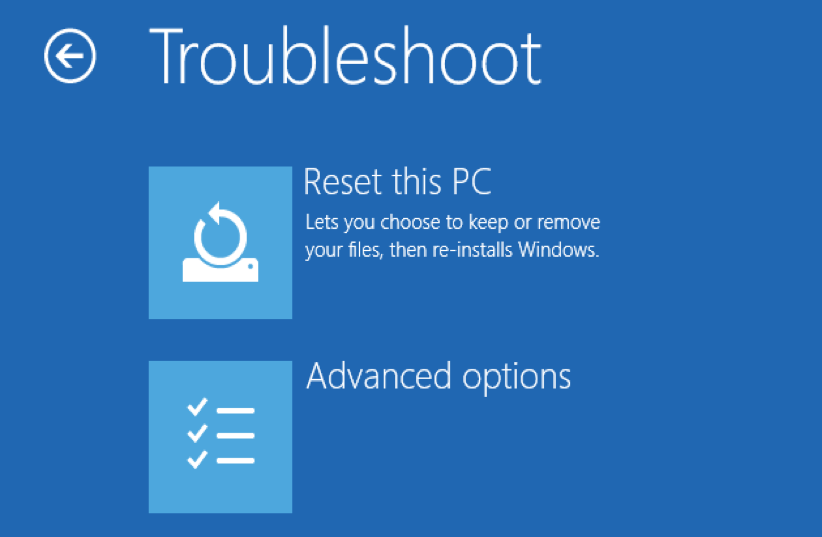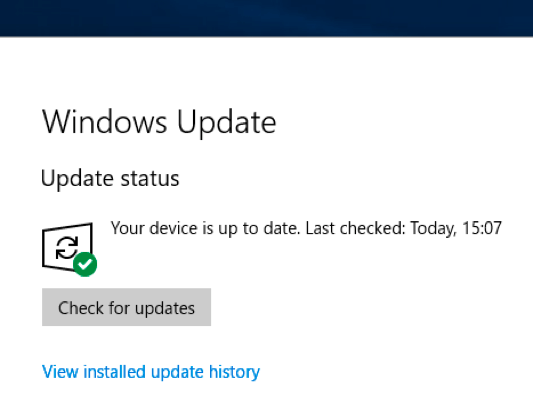| File Info | Description |
|---|---|
| File Size: | 4.1 kB |
| File Modification Date/Time: | 2008:04:14 12:00:00+00:00 |
| File Inode Change Date/Time: | 2017:11:05 07:07:15+00:00 |
| File Type: | Win32 EXE |
| MIME Type: | application/octet-stream |
| Machine Type: | Intel 386 or later, and compatibles |
| Time Stamp: | 2001:08:17 20:57:28+00:00 |
| PE Type: | PE32 |
| Linker Version: | 7.0 |
| Code Size: | 1280 |
| Initialized Data Size: | 2176 |
| Uninitialized Data Size: | 0 |
| Entry Point: | 0x0646 |
| OS Version: | 5.1 |
| Image Version: | 5.1 |
| Subsystem Version: | 5.1 |
| Subsystem: | Native |
| File Version Number: | 5.1.2600.0 |
| Product Version Number: | 5.1.2600.0 |
| File Flags Mask: | 0x003f |
| File Flags: | (none) |
| File OS: | Windows NT 32-bit |
| Object File Type: | Driver |
| File Subtype: | 4 |
| Language Code: | Neutral |
| Character Set: | Unicode |
| Company Name: | Microsoft Corporation |
| File Description: | Frame buffer simulator |
| File Version: | 5.1.2600.0 (XPClient.010817-1148) |
| Internal Name: | videosim.sys |
| Legal Copyright: | © Microsoft Corporation. All rights reserved. |
| Original Filename: | videosim.sys |
| Product Name: | Microsoft® Windows® Operating System |
| Product Version: | 5.1.2600.0 |
✻ Portions of file data provided by Exiftool (Phil Harvey) distributed under the Perl Artistic License.










